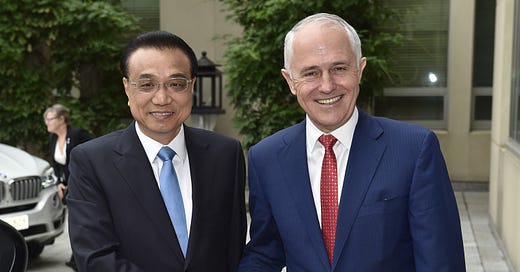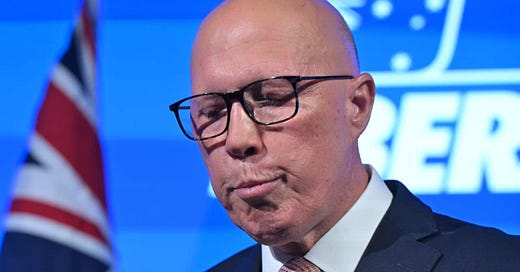
The Death of Li Keqiang
Li Keqiang, China’s former Prime Minister, passed away on 27th October 2023, at the age of 68. His death has plunged many in China and around the world into mourning, particularly those who supported his vision of greater economic freedom rather than increased state control in China, and towards more political diversity instead of ever-increasing centralised power.
Li Keqiang was widely regarded as a successor to Deng Xiaoping’s reform and opening-up policy, favouring reform-oriented policies and continued economic liberalisation within the framework of the Chinese socialist market economy. Throughout his tenure he was a steadfast advocate for economic liberalisation, transparency, and international cooperation. His economic philosophy, often summarised as “Likonomics,” was characterised by avoiding large-scale government stimulus measures, focusing on reducing debt levels within the economy, especially in the shadow banking system and amongst local governments, and pushing for structural reforms to let market forces play a decisive role in the economy.
For many advocates of change, Li Keqiang’s death highlights the significant obstacles on the road to transforming China into a society in step with the wider world’s aspirations for open economic engagement and improved political stability.
Despite his concerted efforts, Li Keqiang faced an ongoing struggle with the more dominant state-centric approach favoured by Supreme Leader Xi Jinping. Li’s push for economic reforms often met with a level of centralised power not seen since the death of Chairman Mao. Xi aggressively consolidated power, even amending the Constitution of China to grant himself the potential for a lifelong presidency. Although Li sometimes seemed sidelined, his commitment to his reformist principles never wavered as he continued to advocate for economic modernisation and the growth of private enterprise within the confines of the prevailing political climate.
The passing of Li Keqiang carries weight that goes beyond the loss of a political figure; it symbolises the dimming of a progressive era in China’s storied journey toward modernisation. As a top-tier leader with a solid background in economics, he championed a new direction in Chinese policy – a route lined with broader economic and political freedoms. For the many Chinese who share his dream, his death sharply underscores the complex and often difficult political realities that shape the nation’s progression towards liberalisation.
During Li Keqiang’s time as Prime Minister, clashes between two opposing ideologies were occasionally evident – Xi Jinping’s assertive centralisation of power on one side and Li’s advocacy for economic decentralisation on the other. The 20th National Congress of the Chinese Communist Party, held in October 2022, signalled a decisive shift, affirming the dominance of Xi’s vision. It was a defining moment that resulted in the thorough marginalisation of Li and his fellow reform-minded colleagues, signalling the end of the reformist era they had supported.
Li Keqiang’s legacy will be recorded in the annals of China’s contemporary history as a testament to ‘what might have been’ in an era of tightened control. His consistent efforts to liberalise the economy—where private enterprise could operate with greater autonomy and where market forces were allowed a more decisive role — resonated with many who envisioned a China more integrated with the global economic system. As China’s second-in-command, Li’s voice for moderate reform provided a counterpoint to the prevailing trend of centralisation, offering a ray of hope for a middle path that might lead China towards a more open society and a more resilient economy.
For many advocates of change, Li Keqiang’s death highlights the significant obstacles on the road to transforming China into a society in step with the wider world’s aspirations for open economic engagement and improved political stability. The sorrow that has accompanied his passing goes beyond a simple tribute to a leader’s memory. It reflects a profound collective longing to preserve his vision for China – a vision of a balanced economy that supports both individual and economic freedoms in society. In the wake of his passing, his parting words resonate with particular poignancy: “While people work, heaven watches. Heaven has eyes.” These words, ultimately omitted from the official record, now take on a profound significance as the nation reflects on the end of his tenure and his life.
As the nation arrives at a pivotal juncture in its history, this period of mourning also presents a vital opportunity for reflection on how China will navigate the intricate balance between preserving internal stability, managing relations with Taiwan and the Western world, and confronting the myriad challenges posed by regional conflicts and global economic instability.














